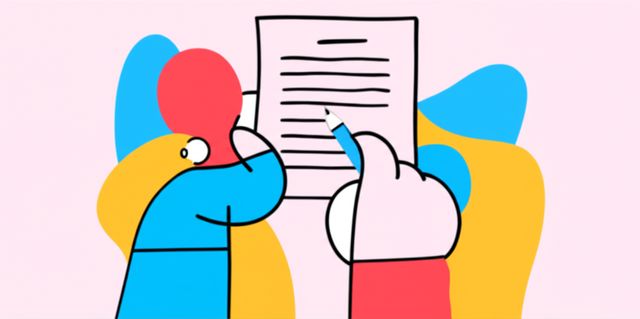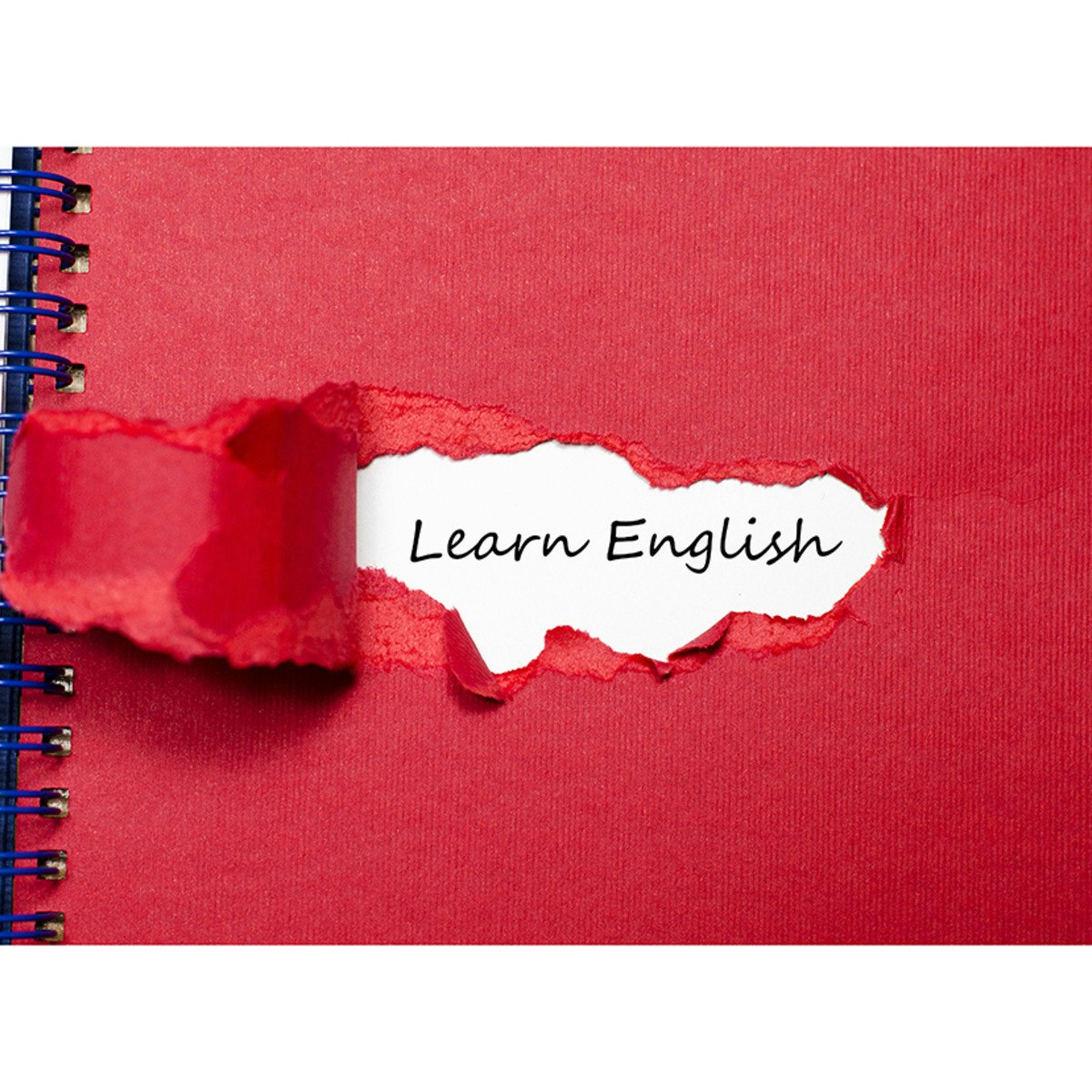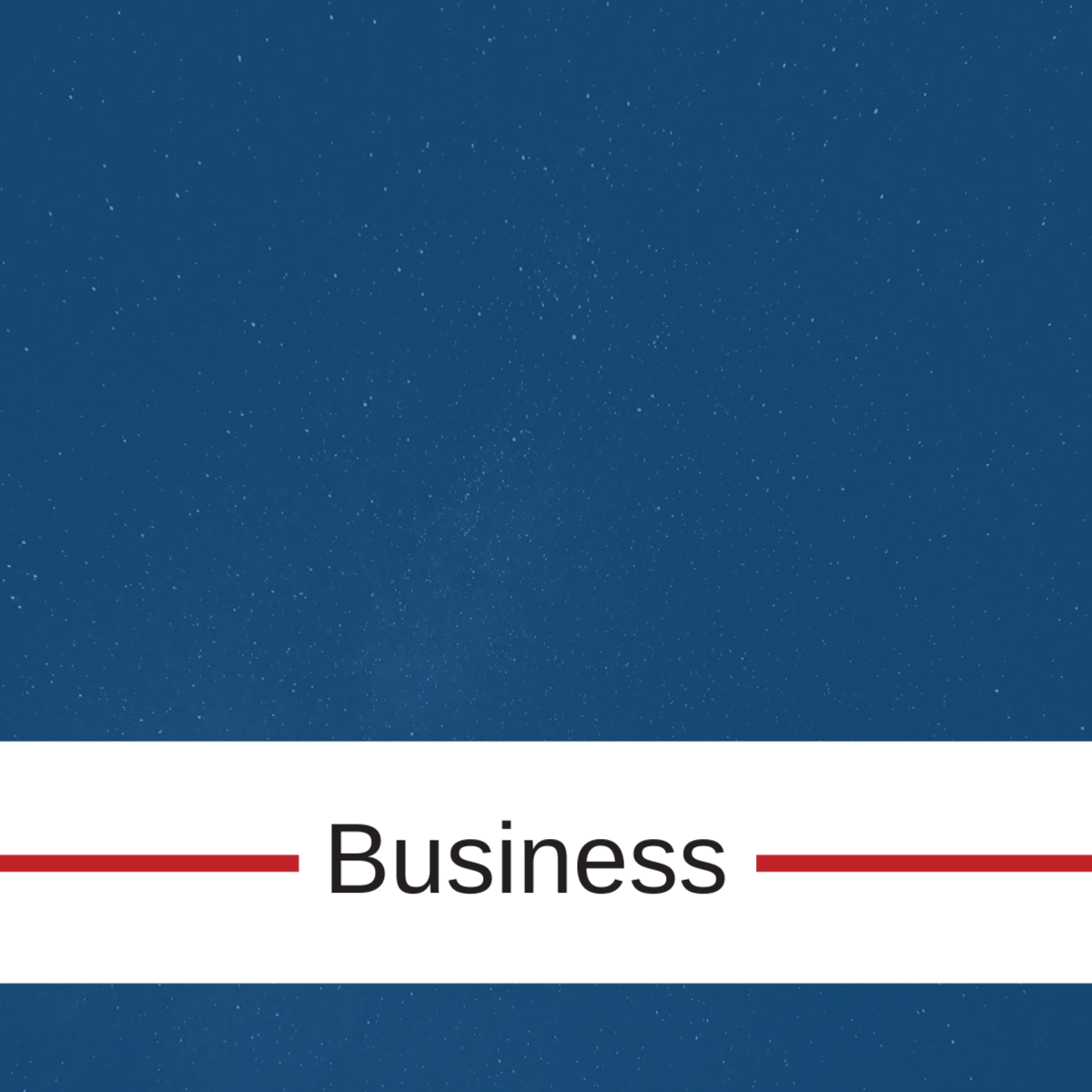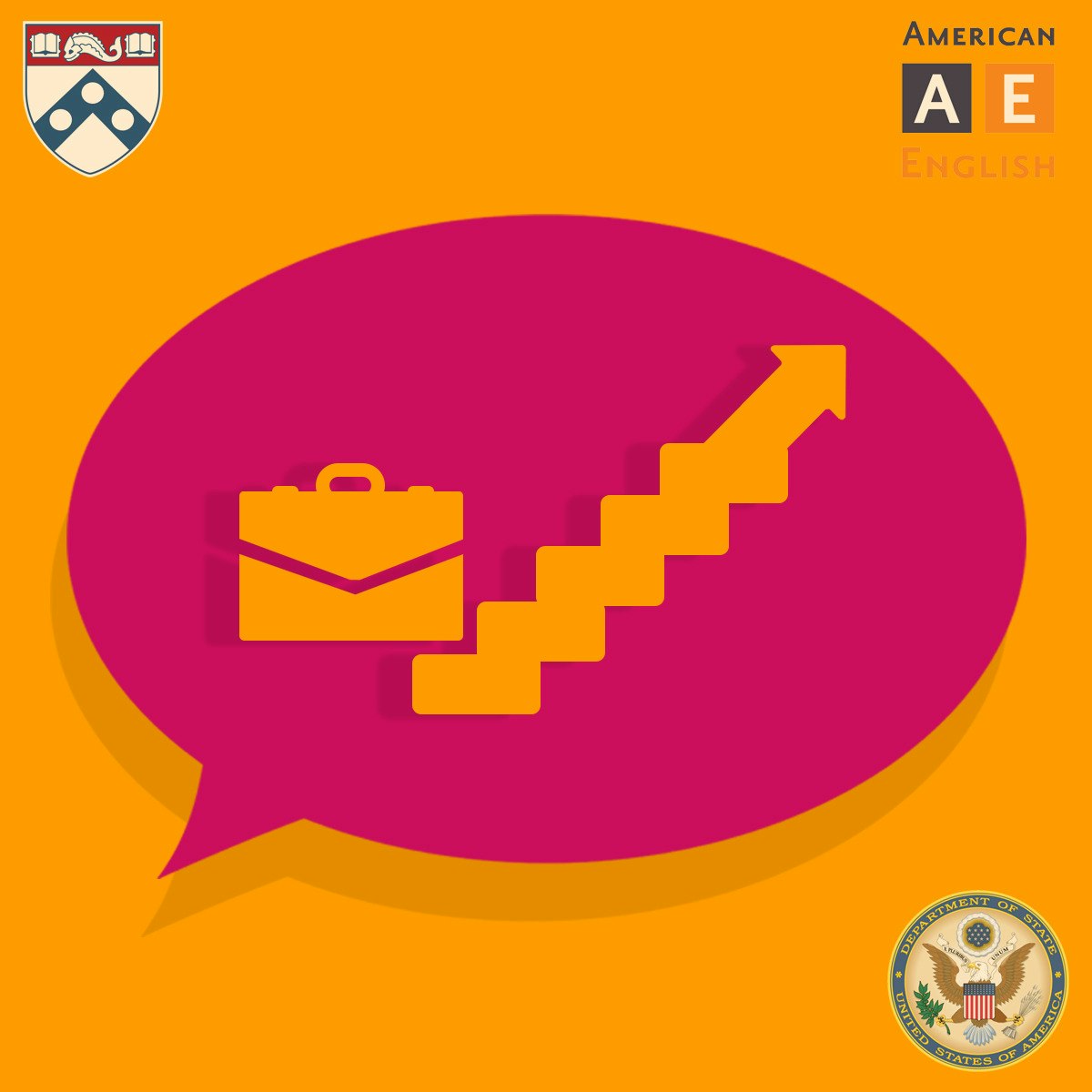Proposal Writer
Exploring a Career as a Proposal Writer
A Proposal Writer is a specialized professional responsible for creating compelling documents, known as proposals, that aim to persuade potential clients, funders, or partners to adopt a product, service, project, or idea. These documents are crucial tools for organizations seeking new business, funding, or collaborations. Proposal writers blend strategic thinking, persuasive writing, and meticulous attention to detail to craft documents that articulate value, address requirements, and ultimately win opportunities.
Working as a Proposal Writer can be intellectually stimulating and highly rewarding. You often sit at the intersection of strategy, sales, and communication, playing a direct role in an organization's growth and success. The role demands continuous learning about different subjects, clients, and industries, making each project a unique challenge. Furthermore, the ability to translate complex information into clear, persuasive language is a valuable skill applicable across many domains.
Overview of Proposal Writing as a Career
What Does a Proposal Writer Actually Do?
At its core, a Proposal Writer crafts documents designed to secure business, funding, or approval. This involves understanding the target audience's needs, the specifics of the request (like a Request for Proposal or RFP), and the unique strengths of the offering organization. They research, write, edit, and coordinate the assembly of proposal sections, ensuring a cohesive, compelling, and compliant final product.
The primary objective is persuasion. Proposal writers must build a strong case for why their organization's solution is the best fit. This requires more than just good writing; it involves strategic positioning, clear articulation of benefits, and addressing potential concerns proactively. They often work under tight deadlines, collaborating with various teams to gather necessary information.
Think of a proposal writer as a strategic storyteller for an organization. They take complex information – technical specifications, project plans, pricing details, company history – and weave it into a narrative that resonates with the reader and convinces them to say "yes." Their work directly impacts revenue generation, project funding, and strategic partnerships.
Where Do Proposal Writers Work?
Proposal Writers are essential across a wide array of industries. Government contracting is a major field, where writers respond to complex RFPs for federal, state, and local projects. Non-profit organizations rely heavily on proposal writers (often called Grant Writers in this context) to secure funding from foundations and government agencies.
The technology sector frequently employs proposal writers to respond to corporate RFPs and secure large enterprise deals. Other sectors include construction, engineering, healthcare, consulting, and education. Essentially, any organization that competes for projects, grants, or significant sales contracts likely needs skilled proposal professionals.
The demand exists in large corporations, small businesses, government agencies, and non-profits. Many proposal writers also work as freelancers or consultants, offering their specialized skills to various clients on a project basis, providing flexibility and diverse experiences.
Proposal Writing vs. Other Writing Roles
While sharing similarities with other writing professions, proposal writing has distinct characteristics. Unlike general copywriters who might focus on marketing materials or advertising, proposal writers concentrate on specific, often complex, solicitations with strict requirements and evaluation criteria.
Compared to Technical Writers, who prioritize clarity and accuracy in documenting processes or products, proposal writers must also be highly persuasive. They blend technical accuracy with compelling arguments and strategic positioning. While technical writers explain *how* something works, proposal writers explain *why* it's the best solution for a specific need.
A Content Strategist focuses on the overall plan and lifecycle of content across various platforms. While proposal writers might leverage content strategy principles, their focus is narrower: creating winning responses to specific opportunities, often within a defined process and timeframe.
Key Responsibilities of a Proposal Writer
Drafting, Editing, and Submission
The core function involves writing original content for proposals. This includes executive summaries, technical sections, management plans, past performance descriptions, and pricing justifications. Writers must tailor the language and tone to the specific audience and requirements of the solicitation (e.g., RFP, RFQ, RFI, Grant Application).
Editing is equally crucial. Proposal writers revise content drafted by subject-matter experts (SMEs) for clarity, consistency, grammar, and persuasiveness. They ensure the entire document speaks with one voice and aligns with the overall win strategy. This often involves multiple review cycles before finalization.
Finally, proposal writers often oversee the submission process. This means ensuring all required forms are completed, formatting guidelines are met, and the proposal is submitted correctly and on time through the designated portal or method. Missing a deadline or failing to follow submission instructions typically results in disqualification.
To enhance persuasive writing and editing skills, consider courses focusing on business communication and advanced writing techniques. Online platforms offer structured learning paths to hone these essential abilities.
Ensuring Compliance and Quality
Compliance is paramount in proposal writing, especially for government contracts and grants. Writers meticulously analyze solicitation documents to identify all mandatory requirements, evaluation criteria, and formatting instructions. They create checklists or compliance matrices to track adherence throughout the proposal development process.
Failure to meet even minor requirements can lead to proposal rejection. Proposal writers act as guardians of compliance, ensuring every section addresses the specified criteria and follows the prescribed format. This requires exceptional attention to detail and organizational skills.
Beyond compliance, proposal writers are responsible for the overall quality and professionalism of the document. This includes logical flow, consistent terminology, accurate information, and a polished presentation. They ensure the proposal is not just compliant but also compelling and easy for evaluators to read and score.
Collaboration and Information Gathering
Proposal writing is rarely a solo effort. Writers collaborate closely with diverse teams, including sales representatives, project managers, engineers, financial analysts, legal experts, and graphic designers. They act as project managers for the proposal itself, coordinating contributions and ensuring timely input from all stakeholders.
A significant part of the job involves interviewing SMEs to extract the necessary technical, operational, and management details. Proposal writers must translate complex jargon and technical concepts into clear, benefit-oriented language that resonates with evaluators who may not share the same technical background.
Effective communication and interpersonal skills are vital for managing these collaborations, resolving conflicts, and keeping the proposal process on track, often under significant time pressure. Strong project management abilities are therefore highly beneficial in this role.
Formal Education Pathways to Proposal Writing
Relevant Undergraduate Degrees
While there isn't one specific degree required to become a Proposal Writer, certain fields provide a strong foundation. Degrees in English, Communications, Journalism, or Professional Writing develop the critical writing, editing, and analytical skills needed for the role. These programs emphasize clarity, structure, and audience awareness.
Business-related degrees, such as Marketing or Business Administration, can also be advantageous. They provide context for understanding business strategy, sales processes, and client needs, which are crucial for crafting persuasive proposals. Technical degrees (e.g., Engineering, Computer Science) can be beneficial for writers specializing in highly technical industries, though strong writing skills remain essential.
Ultimately, employers often value demonstrated writing ability and relevant experience over a specific degree type. Building a strong portfolio and highlighting transferable skills from any academic background is key. Internships involving writing, research, or project coordination can provide valuable practical experience.
Graduate Programs and Specializations
For those seeking advanced knowledge or specialization, graduate programs can be beneficial. Master's degrees in Technical Communication, Professional Writing, or Rhetoric and Composition delve deeper into theories of communication, audience analysis, and document design.
Some universities offer graduate certificates or concentrations in areas like Grant Writing or Non-profit Management, which are highly relevant for proposal writers targeting the non-profit sector. A Master of Business Administration (MBA) might appeal to those aiming for senior proposal management or business development leadership roles, blending strategic insight with communication skills.
While not typically required for entry-level positions, advanced degrees can enhance competitiveness for specialized or management roles. They often involve substantial writing projects, contributing further to portfolio development.
These courses offer insights into academic writing styles and thesis development, which can be useful for complex proposal arguments.
Certifications and Their Value
Professional certifications can signal expertise and commitment to the proposal management field. The most recognized certification comes from the Association of Proposal Management Professionals (APMP). APMP offers tiered certifications: Foundation, Practitioner, and Professional levels, requiring varying degrees of experience and examination success.
Holding an APMP certification can enhance credibility, demonstrate foundational knowledge of best practices, and potentially increase earning potential or job prospects, particularly within organizations that value formal credentialing. It shows dedication to the profession and understanding of standardized methodologies.
While valuable, certifications typically complement, rather than replace, practical experience and a strong portfolio. For career changers or new entrants, focusing on building skills and demonstrable writing examples might be the initial priority, with certification pursued later to solidify expertise.
Online Learning and Skill Development
Can You Learn Proposal Writing Online?
Absolutely! Entering the field of proposal writing through self-study and online learning is entirely feasible, especially for motivated individuals. Numerous online courses, workshops, and resources cover everything from the fundamentals of persuasive writing to the intricacies of responding to government RFPs.
Online platforms like OpenCourser aggregate courses from various providers, allowing learners to find specific training on proposal writing, technical communication, business writing, grammar, and software tools. This flexibility allows you to learn at your own pace and focus on areas where you need the most development.
Transitioning into proposal writing can feel daunting, but remember that many skills you already possess might be transferable. Strong organization, research abilities, attention to detail, and clear communication are valuable starting points. Online learning provides a structured way to build upon these foundations and acquire the specialized knowledge needed for success.
These courses provide foundational skills in business writing and communication, crucial for aspiring proposal writers.
Core Competencies to Build
Several core competencies are critical for success. Persuasive writing is paramount – the ability to craft compelling arguments that highlight benefits and address client needs effectively. This involves understanding rhetoric, structuring arguments logically, and using language precisely.
Project management skills are also vital. Proposal development often involves juggling multiple tasks, coordinating with various stakeholders, and adhering to strict deadlines. Proficiency in planning, organizing, and tracking progress is essential.
Research skills are necessary for understanding client requirements, market context, and competitor positioning. Attention to detail cannot be overstated, as compliance and accuracy are non-negotiable. Finally, proficiency with relevant software tools, particularly word processing and collaboration platforms, is expected.
These courses focus specifically on crafting proposals and bids, offering practical techniques.
Consider exploring books on effective writing and proposal development to supplement online learning.
Building a Portfolio Without Formal Experience
For those entering the field without direct proposal writing experience, building a portfolio is crucial. This portfolio should showcase your writing skills, attention to detail, and ability to handle complex information. Look for opportunities to create sample proposals based on publicly available RFPs or grant guidelines.
Volunteer to write grant proposals for local non-profits. Even if unpaid, this provides real-world experience and tangible examples for your portfolio. Offer to help colleagues or departments within your current organization with reports, presentations, or internal proposals that require similar skills.
Consider freelance platforms for smaller writing projects that demonstrate relevant skills, such as business writing, technical documentation, or marketing copy. Clearly articulate how the skills used in these projects translate to proposal writing. Remember, the goal is to demonstrate capability, even if the projects aren't formally labeled "proposals." You can use OpenCourser's list management feature to curate courses that help build these portfolio-worthy skills.
Essential Skills for Proposal Writers
Writing Proficiency and Attention to Detail
Exceptional writing skills form the bedrock of a proposal writer's toolkit. This includes mastery of grammar, punctuation, syntax, and style. More importantly, it involves the ability to write clearly, concisely, and persuasively, adapting the tone and complexity to suit the specific audience and purpose.
Meticulous attention to detail is equally critical. Proposal writers must catch errors in grammar, spelling, and formatting. They also need to ensure absolute accuracy in technical details, pricing information, and compliance with all solicitation requirements. A single oversight can undermine credibility or lead to disqualification.
This skill involves not just proofreading but also ensuring consistency in terminology, voice, and formatting throughout potentially lengthy and complex documents assembled from multiple contributors. It's about ensuring the final product is polished and professional in every aspect.
These courses can help refine general and business-specific writing abilities.
Research and Analytical Skills
Proposal writers must be adept researchers. They need to quickly understand the client's organization, industry, challenges, and objectives. This involves analyzing the solicitation document thoroughly and often requires researching background information, competitor activities, and relevant market trends.
Analytical skills are needed to dissect complex requirements outlined in RFPs and translate them into actionable tasks for the proposal team. Writers must identify key evaluation criteria and strategically align the proposal content to maximize scores in those areas.
Understanding industry-specific terminology and concepts is crucial for credibility, especially in technical fields. While SMEs provide deep expertise, the proposal writer must grasp the fundamentals sufficiently to ask informed questions and write accurately about the subject matter.
Software and Tool Proficiency
Proficiency in standard office software is essential. Expert-level skills in word processing applications like Microsoft Word or Google Docs are fundamental for drafting, formatting, and collaborating on documents.
Familiarity with presentation software like Microsoft PowerPoint or Google Slides is often needed for creating supporting graphics or oral presentation materials.
Many organizations utilize collaboration platforms like Microsoft SharePoint or cloud storage like Microsoft OneDrive for document management and version control. Increasingly, specialized proposal management software (e.g., Loopio, RFPIO, Qvidian) is used to automate parts of the process, manage content libraries, and facilitate collaboration. Familiarity with these tools can be a significant advantage.
Career Progression and Advancement
Starting Point: Entry-Level Roles
Individuals often enter the proposal field in roles like Proposal Coordinator, Proposal Assistant, or Junior Proposal Writer. In these positions, responsibilities typically involve supporting senior writers and managers by tracking deadlines, organizing documents, formatting content, coordinating meetings, and potentially drafting less complex proposal sections.
These entry-level roles provide invaluable exposure to the full proposal lifecycle, industry-specific terminology, and organizational processes. They offer opportunities to learn from experienced professionals and gradually take on more writing responsibility. Strong organizational skills, attention to detail, and a willingness to learn are key attributes for success at this stage.
Some may also transition from adjacent roles like technical writing, marketing coordination, or project coordination, bringing relevant transferable skills. Highlighting writing samples and any experience with project management or coordination is beneficial when applying for these initial roles.
Moving Up: Senior and Management Positions
With experience, proposal writers can advance to roles like Proposal Writer, Senior Proposal Writer, or Proposal Specialist. In these positions, they take lead responsibility for developing entire proposals or significant sections, often handling more complex and high-value opportunities. They refine win strategies and mentor junior staff.
Further advancement leads to management roles such as Proposal Manager or Proposal Director. These positions involve overseeing the entire proposal development process, managing teams of writers and coordinators, developing proposal strategies, improving processes, and collaborating with senior leadership and business development teams. Strong leadership, strategic thinking, and process management skills become increasingly important.
Some experienced proposal professionals move into broader Business Development roles, where they are responsible for identifying opportunities, building client relationships, and leading capture management efforts, leveraging their deep understanding of the proposal process and customer needs.
Pivoting: Transitioning to Adjacent Fields
The skills developed as a proposal writer are highly transferable, opening doors to various adjacent fields. The rigorous attention to detail and understanding of regulations can lead to roles in Compliance or Contract Management, ensuring organizations adhere to legal and contractual obligations.
The strategic thinking, market analysis, and persuasive communication skills honed in proposal writing are valuable in Marketing, Sales Enablement, or Content Strategy roles. Crafting compelling narratives for proposals translates well to creating other forms of business communication and marketing collateral.
Experienced proposal managers with strong process improvement and leadership skills might move into Operations Management or Consulting roles, helping organizations optimize their business development and proposal processes. The ability to manage complex projects under pressure is also applicable to broader Project Management roles.
These books cover related areas like freelancing, business startup, and legal aspects, which can be useful for career transitions or independent work.
Industry Demand and Employment Trends
Geographic Concentrations and Remote Work
Historically, areas with high concentrations of government agencies and contractors, such as the Washington D.C. metropolitan area, have been major hubs for proposal writers. Similarly, regions with strong technology, aerospace, or healthcare sectors often show significant demand.
However, the rise of remote work has significantly impacted the geography of proposal writing roles. Many organizations now hire proposal professionals regardless of location, opening up opportunities nationwide and globally. This trend offers greater flexibility for writers but also potentially increases competition.
While certain geographic hubs may still offer more in-person networking opportunities, the increasing acceptance of remote work means aspiring proposal writers can often build a career from anywhere with a reliable internet connection. Online collaboration tools facilitate teamwork across distances.
Impact of Funding Cycles and Economic Factors
The demand for proposal writers can be influenced by broader economic conditions and specific funding cycles. For instance, government spending priorities and budget allocations directly impact the number of available contracts, affecting demand for writers specializing in government proposals. Similarly, non-profit funding levels fluctuate based on economic health and philanthropic trends.
In the private sector, corporate spending on large projects and outsourcing initiatives drives demand. Economic downturns might lead some companies to reduce reliance on external proposals, while others might increase efforts to capture scarce business, potentially stabilizing demand. Understanding these cyclical trends can help proposal writers anticipate market shifts.
Data from sources like the U.S. Bureau of Labor Statistics (BLS) on related occupations like Technical Writers can provide insights into overall employment trends, although proposal writing is a specialized niche within broader communication fields. The BLS projects growth for technical writers, driven by the continued need for clear communication in technical fields.
Growth in Freelance and Contract Opportunities
The freelance or gig economy has significantly impacted the proposal writing field. Many organizations, particularly smaller businesses or those with fluctuating proposal volumes, prefer hiring proposal writers on a contract basis rather than maintaining full-time staff. This provides flexibility for companies and diverse project opportunities for writers.
Freelance proposal writing allows professionals to choose their projects, set their rates (often higher on an hourly basis than full-time roles), and specialize in specific industries or proposal types. However, it also requires strong self-discipline, business development skills to find clients, and managing inconsistent income streams.
Platforms connecting freelancers with clients have made it easier to find contract work. The trend towards project-based hiring seems likely to continue, offering a viable and potentially lucrative career path for independent proposal professionals.
This course specifically targets proposal writing for a major freelance platform.
These books offer guidance for those considering the freelance path.
Challenges Facing Proposal Writers
Dealing with Deadlines and Workload
Proposal writing is often characterized by intense periods of activity leading up to strict submission deadlines. Workloads can be highly variable, with lulls between projects followed by demanding stretches requiring long hours, including evenings and weekends, to meet deadlines.
Managing stress and maintaining work-life balance can be challenging, especially when juggling multiple proposals simultaneously or facing unexpected changes in requirements late in the process. Effective time management, organizational skills, and the ability to perform under pressure are crucial for navigating these demands.
Organizations with mature proposal processes often try to mitigate this through better planning and resource allocation, but the deadline-driven nature of the work remains a persistent challenge in the profession.
Balancing Creativity and Compliance
Proposal writers must navigate the inherent tension between creativity and rigid compliance. While proposals need to be persuasive and engaging (requiring creative communication), they must also strictly adhere to all instructions and requirements outlined in the solicitation document.
Deviating from formatting guidelines, page limits, or specific content requirements can lead to disqualification, regardless of how well-written the proposal is. Finding ways to be innovative and compelling within these constraints requires skill and careful judgment.
This balancing act means writers must be both meticulous rule-followers and creative problem-solvers, ensuring the proposal is both compliant and competitive.
This book focuses on clear writing, a key element in navigating compliance while maintaining readability.
Competition and Technological Disruption
The field can be competitive, particularly for high-profile or lucrative opportunities. Furthermore, the rise of Artificial Intelligence (AI) presents both opportunities and challenges. AI tools can assist with research, grammar checking, and even generating initial drafts, potentially increasing efficiency.
However, there are concerns about AI potentially automating aspects of the role, potentially reducing demand for human writers or shifting the required skill set towards AI oversight and strategic input rather than pure content creation. Adapting to and leveraging these new technologies will be crucial for future success.
Proposal writers will need to emphasize the skills AI cannot easily replicate, such as strategic thinking, deep understanding of client needs, nuanced persuasive writing, and effective collaboration with human subject-matter experts.
Impact of Technology on Proposal Writing
AI Tools and Automation
Artificial intelligence is increasingly influencing proposal development. AI-powered tools can assist with grammar and style checking, summarizing large documents, identifying relevant content from past proposals, and even generating first drafts of standard sections. This can potentially speed up the writing process and reduce repetitive tasks.
Specialized proposal automation platforms often incorporate AI features alongside content management and workflow tools. These platforms aim to streamline the entire proposal lifecycle, from initial opportunity assessment to final submission.
However, relying solely on AI carries risks. Generated content may lack nuance, strategic insight, or the specific persuasive tone required. Human oversight remains critical for ensuring accuracy, compliance, and alignment with the overall win strategy.
Explore resources on Artificial Intelligence to understand its broader capabilities and limitations.
Collaboration Platforms
Modern collaboration tools are essential for proposal teams, especially those working remotely or across different departments. Platforms like Microsoft Teams, Slack, SharePoint, and Google Workspace facilitate real-time communication, document sharing, version control, and collaborative editing.
These tools help streamline workflows, improve coordination among team members, and maintain a central repository for all proposal-related information. Effective use of these platforms is a key skill for contemporary proposal writers and managers.
Integrating these tools effectively requires clear protocols for communication, file naming conventions, and version control to avoid confusion and ensure everyone is working with the latest information.
Ethical Considerations
The use of technology, particularly AI, in proposal writing raises ethical considerations. Ensuring the accuracy and honesty of AI-generated content is paramount. Overstating capabilities or misrepresenting information, even unintentionally via an AI tool, can have serious consequences.
Maintaining confidentiality and data security is crucial when using cloud-based collaboration tools or AI platforms, especially when handling sensitive client or proprietary information. Understanding data privacy policies and using secure platforms is essential.
Transparency about the use of AI in proposal generation might also become an expectation or requirement in some contexts. Proposal professionals must stay informed about evolving best practices and ethical guidelines related to technology use in their field.
Frequently Asked Questions (Career Focus)
What is the typical salary range for a Proposal Writer?
Salary ranges for proposal writers vary significantly based on factors like experience level, industry, geographic location, organization size, and the complexity of proposals handled. Entry-level roles (Coordinator, Assistant) might start lower, while experienced Proposal Managers or Directors in high-demand sectors (like tech or government contracting) can earn substantial incomes.
According to data aggregated from various salary sites and considering related roles like Technical Writers reported by the BLS, mid-career proposal writers can expect competitive salaries. Freelance writers often set their own rates, which can vary widely but may offer higher earning potential per project, albeit with less income stability.
Certifications (like APMP), advanced degrees, and specialized industry expertise can positively influence earning potential. Researching salary data specific to your location and target industry using online resources is recommended for obtaining more precise estimates.
Is prior industry-specific experience necessary?
While direct industry experience is often preferred and can be highly advantageous, it's not always a strict prerequisite, especially for entry-level roles. Strong writing, research, and organizational skills are fundamentally transferable across industries.
For highly technical fields (e.g., aerospace, specialized software, complex engineering), employers may strongly prefer candidates with relevant background knowledge. However, many proposal writers successfully transition between industries by demonstrating their ability to quickly learn new subject matter and apply core proposal development principles.
If targeting a specific industry without prior experience, focus on highlighting transferable skills, showcasing your research abilities, and expressing a genuine interest in and willingness to learn about that sector. Completing relevant online courses or certifications can also help bridge the gap.
These courses cover technical writing, which is often required for specific industries.
What are the trade-offs between freelance and full-time employment?
Full-time employment typically offers greater job security, consistent income, benefits (health insurance, retirement plans), and opportunities for internal advancement and training. You become deeply integrated into one organization's culture and processes.
Freelancing provides autonomy, flexibility in choosing projects and working hours, potentially higher hourly rates, and exposure to diverse industries and clients. However, it requires managing your own business (marketing, invoicing, taxes), dealing with income variability, and funding your own benefits.
The choice depends on individual priorities regarding stability, flexibility, risk tolerance, and career goals. Some professionals blend both, perhaps starting freelance while seeking a full-time role or taking on side projects while employed. Researching the pros and cons detailed in resources for freelancers can help inform this decision.
How can I demonstrate experience without a formal "Proposal Writer" title?
Focus on highlighting relevant skills and accomplishments from previous roles. Did you write reports, grants, marketing materials, technical documents, or project plans? Frame these experiences in terms of skills applicable to proposal writing: persuasive writing, research, project coordination, attention to detail, meeting deadlines, and collaborating with stakeholders.
Quantify your achievements whenever possible (e.g., "secured X amount in grant funding," "coordinated a project involving Y team members," "authored a Z-page report"). Build a portfolio showcasing your best writing samples, including any volunteer proposal work or sample proposals created based on public RFPs.
Tailor your resume and cover letter to explicitly connect your past experiences with the requirements of proposal writing roles. Use keywords found in job descriptions. Networking within the industry, perhaps through organizations like APMP, can also help you learn about opportunities and make connections.
This course can help you position your existing skills effectively.
What is the career longevity like with the rise of AI?
While AI will undoubtedly change aspects of the job, proposal writing is unlikely to disappear entirely. AI excels at processing information and generating text based on patterns, but it currently struggles with strategic nuance, deep audience understanding, complex persuasive arguments, and building collaborative relationships with human experts.
The role will likely evolve, requiring proposal professionals to become adept at using AI tools effectively, overseeing AI-generated content, and focusing on higher-level strategic tasks. Skills like critical thinking, strategy development, client relationship management, and complex project management will become even more valuable.
Those who embrace technological change, continuously update their skills, and focus on the strategic and human elements of proposal development are likely to find continued demand for their expertise. Career longevity will depend on adaptability and a focus on value-added contributions beyond basic text generation.
Certifications vs. Portfolio: What matters more to employers?
Both certifications and a strong portfolio have value, but their relative importance can depend on the employer and specific role. For many employers, particularly when evaluating candidates with less direct experience, a portfolio demonstrating strong writing skills, clarity of thought, and attention to detail is often the most critical factor.
Certifications, like those from APMP, signal a commitment to the profession and foundational knowledge of best practices. They can be particularly valuable in organizations with established proposal processes or for roles requiring knowledge of specific methodologies. They can also serve as a differentiator in a competitive job market.
Ideally, candidates will develop both. Start by focusing on building practical skills and creating compelling portfolio pieces. Pursuing certification can then be a valuable step to formalize your knowledge and enhance your credentials as you gain experience.
Helpful Resources
As you explore a career in proposal writing, several resources can provide further information and support:
- Association of Proposal Management Professionals (APMP): The primary professional organization offering resources, networking, and certifications. Visit APMP.
- OpenCourser: Search and compare thousands of online courses on Business Writing, Technical Communication, Project Management, and more to build relevant skills. Explore OpenCourser.
- U.S. Bureau of Labor Statistics (BLS) Occupational Outlook Handbook: Provides information on related fields like Technical Writers, including job outlook and salary data. Visit BLS OOH.
- OpenCourser Learner's Guide: Find tips on how to make the most of online learning, build a study plan, and showcase skills learned online. Read the Guide.
- Proposal & Grant Writing Books: Explore foundational texts and guides available through libraries or booksellers.
Embarking on a career as a Proposal Writer involves developing a unique blend of writing prowess, strategic thinking, and meticulous project management. It's a challenging but rewarding field that plays a critical role in the success of diverse organizations. With dedication, continuous learning, and the effective use of available resources, you can build a successful and impactful career in proposal development.

























